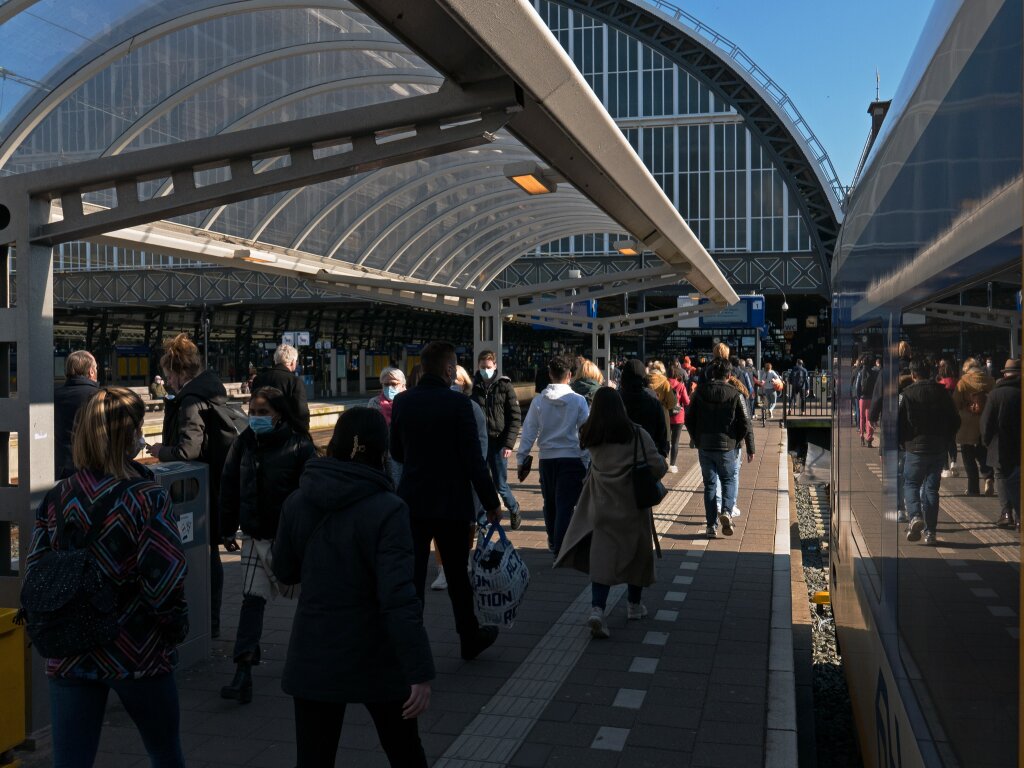By Kate Dearden, Head of Policy Community Union | 3 min
It is clear that the steel industry will undergo significant transformation in coming years, but it is unclear what steelworks will look like in the future. Experts have predicted a two-phase scenario: the first ‘transition’ phase could last up to 2050, and could mean employment in the industry will increase as we decarbonise. The second phase following this might involve in a reduced workforce due to the resizing of plants and leaner processes.
Regardless of exactly what the future will look like for steelworks, we know a sustainable, green, competitive steel industry requires government and employers investing in continuous skills development. Such challenges and transformations to the industry will reflect on steelworkers’ skills. Therefore, to support and prepare our members as they adapt and respond to the green transition, we surveyed steelworkers to listen to their views, expectations and concerns around skills and the transition. This was a key part of the report we launched at COP26 t with Cardiff University. ‘Preparing for a Just Transition: Meeting green skill needs for a sustainable steel industry’. This report explored how we can equip members and the workforce with the skills they need as their industries change and decarbonise.
In the research, we found the vast majority of our members were aware of what the green transition is, and believe it is necessary (92%), but, concerningly, 79% had not been consulted by their employers about this process. Add to this that only 41% of steelworkers believe the green transition will improve job security and employment opportunities in the UK, and it is clear there is an urgent need for greater social dialogue at both a sectoral and company level. Workers need to have a clear understanding of their companies’ prospects and to trust no one is going to be left behind during the transition.
On skills – our results showed that there will be no great “skills leap” needed. Steelworkers already possess a number of transferrable skills that are applicable to different contexts and processes. This was true particularly in the areas of teamwork, environmental awareness, communication and negotiation, process and system knowledge, basic digital skills, and resilience. However, addressing the neglected areas and skills gaps with more dedicated training will be of significance importance, especially considering how environmental awareness and sustainability will increasingly spread across different roles in the industry.
Employers need to invest more time to develop those certain workforce skills. As our members also told us that although employers were supportive about training needs, they still faced barriers such as cost of training, length of training, lack of capacity/cover for work and no suitable training offers. This shows why we must continue to advocate strongly for skills development in the workplace, and for employers to work with unions to empower workers and support them to upskill.
Steelworkers are well placed to navigate the technology and green transformation. While jobs, tasks and processes are likely to change in the future, the skillset that workers will need is not expected to change extensively. Transversality of skills is key, and workers need to be given more voice over training to feel confident in facing the green transition.
We welcome the UK becoming a signatory to global commitments for near-zero emission steel production, as well as committing to the wider principle of a just transition, however now we need to see government action to put those commitments into practice. It is crucial for government, employers and workers to now pull together in the same direction to meet the green skills need and truly secure a just transition in the steel industry.



